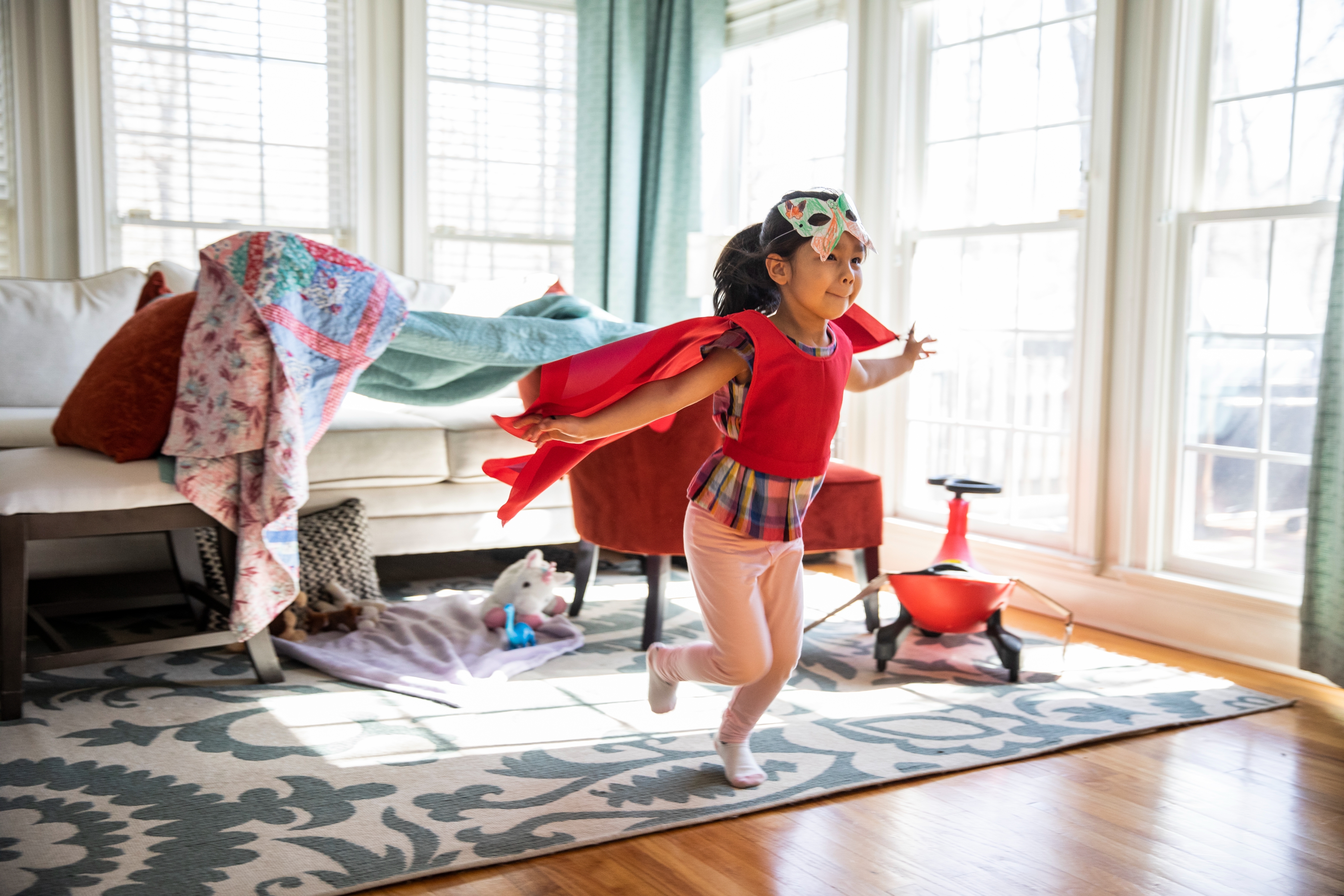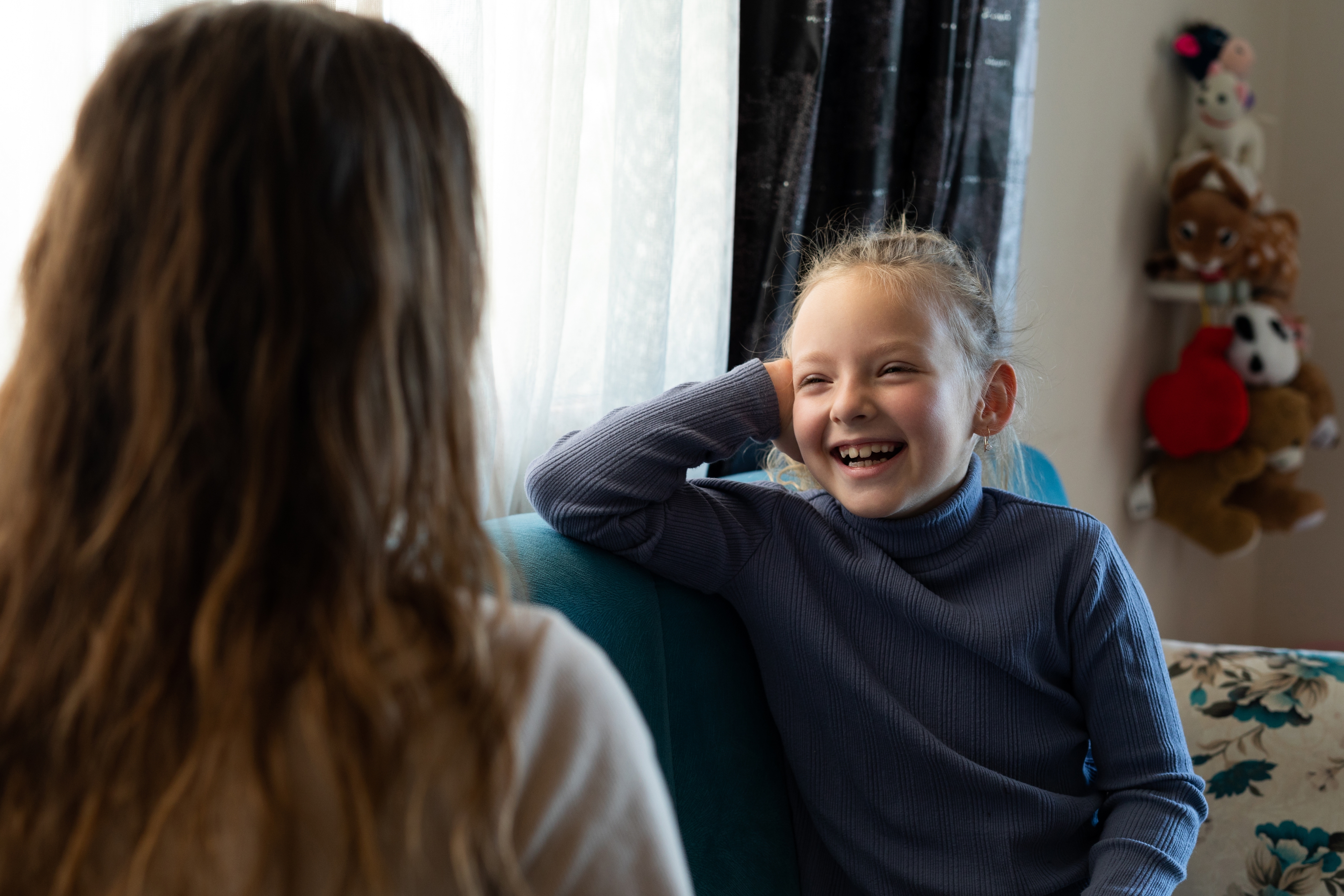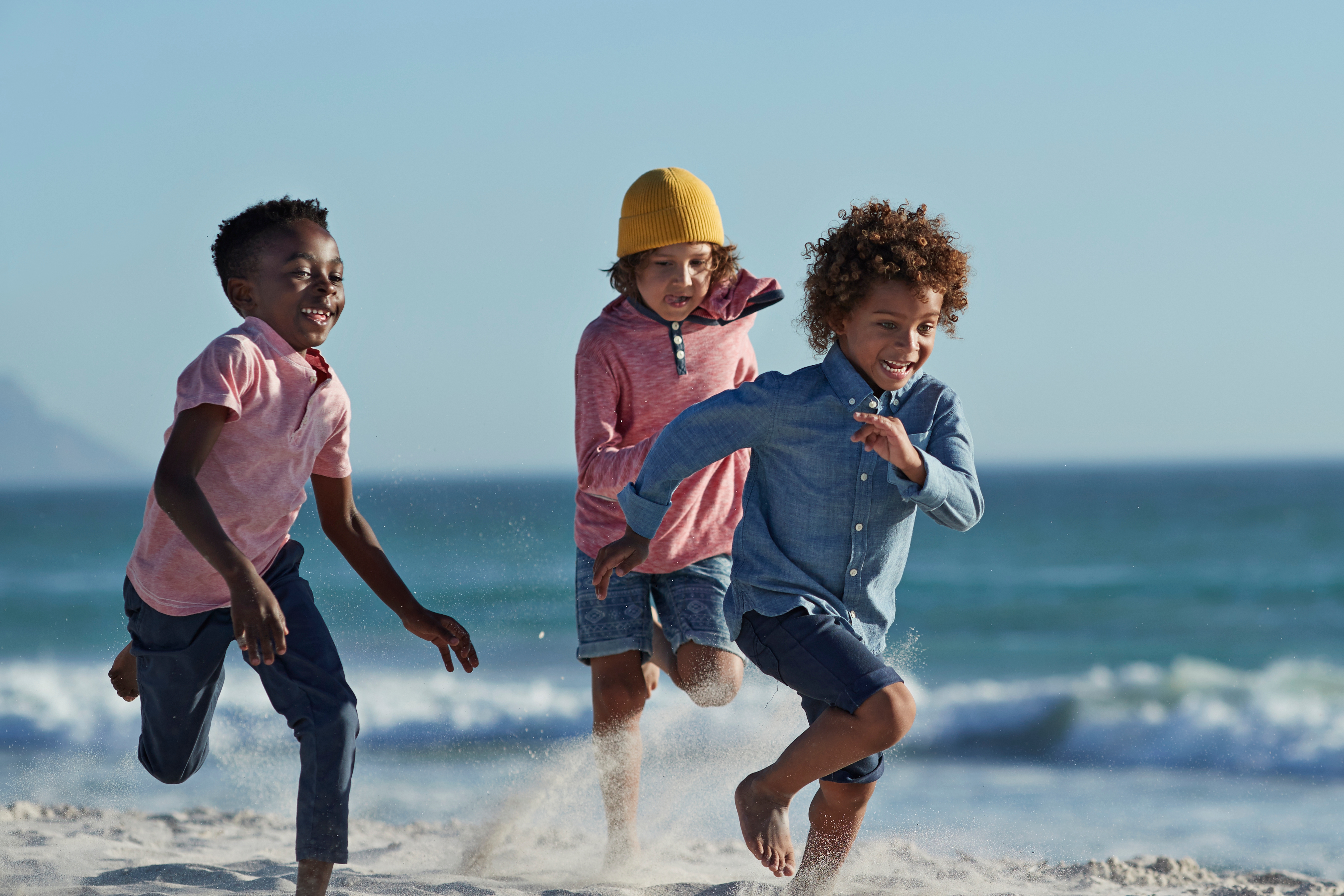The unmarried - child family line structure is now the fastest - originate syndicate social unit in the United States , and with good understanding .
When people ask me if I have any siblings , as soon as I answer “ no , ” they often seize a lot about my personality just because I ’m anonly child . Lonely , spoiled , selfish and bossy are some of the most common only child stereotypes that have persist for age — even though they have been debunked clock time and metre again .
“ The stereotype is so deep-rooted in our high society … like ageism , sexism and negatives about different cultures , ” saidSusan Newman , a social psychologist and author of the approaching bookJust One : The New Science , Secrets & Joy of Parenting an Only Child . “ [ These stereotypes ] get burn into our material , and it ’s very unvoiced to get them to go aside . [ Even ] when all the science supports that these myths do n’t hold up . ”

In fact , a recentstudyfound that growing up as an only child actually has positive gist on mental wellness , spirit satisfaction , and other factors .
Additionally , because the unmarried - child family structure is now thefastest - growing house unitin the United States , there ’s no better clip to dispel these long - suffer myths .
We talk to psychologists aboutpositive trait of only childrenthat are n’t well - known — and how much not have sib really bear on personality .

First of all, why do these only child stereotypes exist?
These have been around since the previous 1890s , Newman explained . Early inquiry play up these minus point of view about only children , but they were later rule to be false because the studies were flawed .
According to Newman , the “ idealistic family size ” was two kids .
“ That was the 1950s [ way of ] thinking and before , ” Newman said . “ But history has shown that family sizing is strictly personal and that these myth about only children do not stand up to solid research . ”

Also because of several forward-looking factors , such as women working and having kids later in lifespan , the cost of elevate tiddler and child tending , and climate change , more and more people are pick out to have just one child , Newman said .
Trait #1: They know how to be social yet are also comfortable with alone time.
Many masses take over “ if you rise up without siblings that you will ineluctably become [ a ] lonely soul throughout your life , ” saidToni Falbo , an educational psychology prof at the University of Texas at Austin . “ And there ’s just no grounds that that ’s dependable . ”
While only children do n’t have siblings to string up out with , they often get to spend more one - on - one time with their parents , she said .
Plus , there are plenty of opportunities for kids to socialize from a young age , such as day care , schooling , playdates , and adulterous activities .

While only youngster may have more alone time than kids with siblings , Newman said , parents do n’t need to view this as a negative .
“ Alone time is actually healthy , ” she explained . “ It boost creative thinking , and it permit nipper to learn how to take their time on their own . ”
For example , they may journal , practise a rocking horse , read , or invent their own stories or game , saidAnn - Louise Lockhart , paediatric psychologist , parent motorcoach , and owner ofA New Day Pediatric Psychology .

“ While many people struggle with being alone , only children incline to see purdah as an chance for musing , sleep , or productivity , ” she said .
Trait #2: They are incredibly loyal in their relationships.
“ Only children often form verytight attachment with friend and chosen familymembers , ” Lockhart said . “ Without siblings build into their inner circle , they understand the importance of maintaining [ these ] meaningful connexion . ”
A hatful of only children look at their Quaker as “ surrogate siblings ” and keep these friendships for decades , Newman added .
“ As an grownup , [ an only small fry is ] often the booster who shows up systematically — the one you could always enumerate on in good times and uncollectible , ” Lockhart say .

Trait #3: They have a strong sense of independence.
citizenry may think that only youngster “ lean on their parents for everything , and that ’s not the case , ” Newman said . “ Only children are super independent . ”
Because they do n’t have siblings , they likely have more chance to problem - figure out by themselves and become more ego - reliant , Lockhart explain .
“ As a kid , [ they ] might be comfortable playing independently for long periods … [ and ] as an adult , they may confidently plan solo trips , start businesses or tackle new acquisition without need extraneous substantiation , ” she said .

Trait #4: They learn advanced communication skills early on.
Only nipper tend to spend a wad of time with their parent , so they become used to relating to adults from a young age .
Parents “ do n’t dumb down their conversations as much as they would babble out to a lot of children all at once , ” Falbo contribute . “ The vocabulary acquirement and use of various linguistic skill becomes modeled , practiced , and advance in one - tike households . ”
Singletons may feel just as well-off blab to teachers and other grown - ups in their lives as they do to their peers , Lockhart explained .

“ Later in life , this can translate into unassailable leadership ability , public speaking skills , or simplicity in professional environments , ” she said .
Trait #5: They’re open to new ideas and experiences.
In a January 2025study , only nipper reportedly showed more receptivity than children with sib . In other words , they may be more willing to strain out something raw , Falbo tell .
So why do they incline to have this trait ? Parents of only children often have more clip and do n’t have to be as prohibitive when they have one child , she sound out .
“ If you have no siblings , [ you ] may be able to search a picayune piece more , push a few boundary , ” Falbo said , “ because parents are n’t as stressed about trying to assure a enceinte chemical group of kids . ”
Trait #6: They’re more similar to other kids than a lot of people think.
“ Because there ’s such a warm belief that only shaver are different from other people … the fact that [ we ] do n’t find them to be different is kind of a blessing right there , ” Falbo said .
There are other component that actually affect personality more than the turn of sibling you have , Newman said , such as genetic science and parenting panache .
“ It ’s much more [ about ] how parent model for their nestling , ” she said . For example , empathy , unselfishness , being responsible , and standing up for othersare trait that kids often learn from their parent .
“ No family size is particularly skillful than another , ” Newman order . “ If a parent is well-chosen , it ’s probable they will raise a well-chosen child . ”This clause originally appeared onHuffPost .